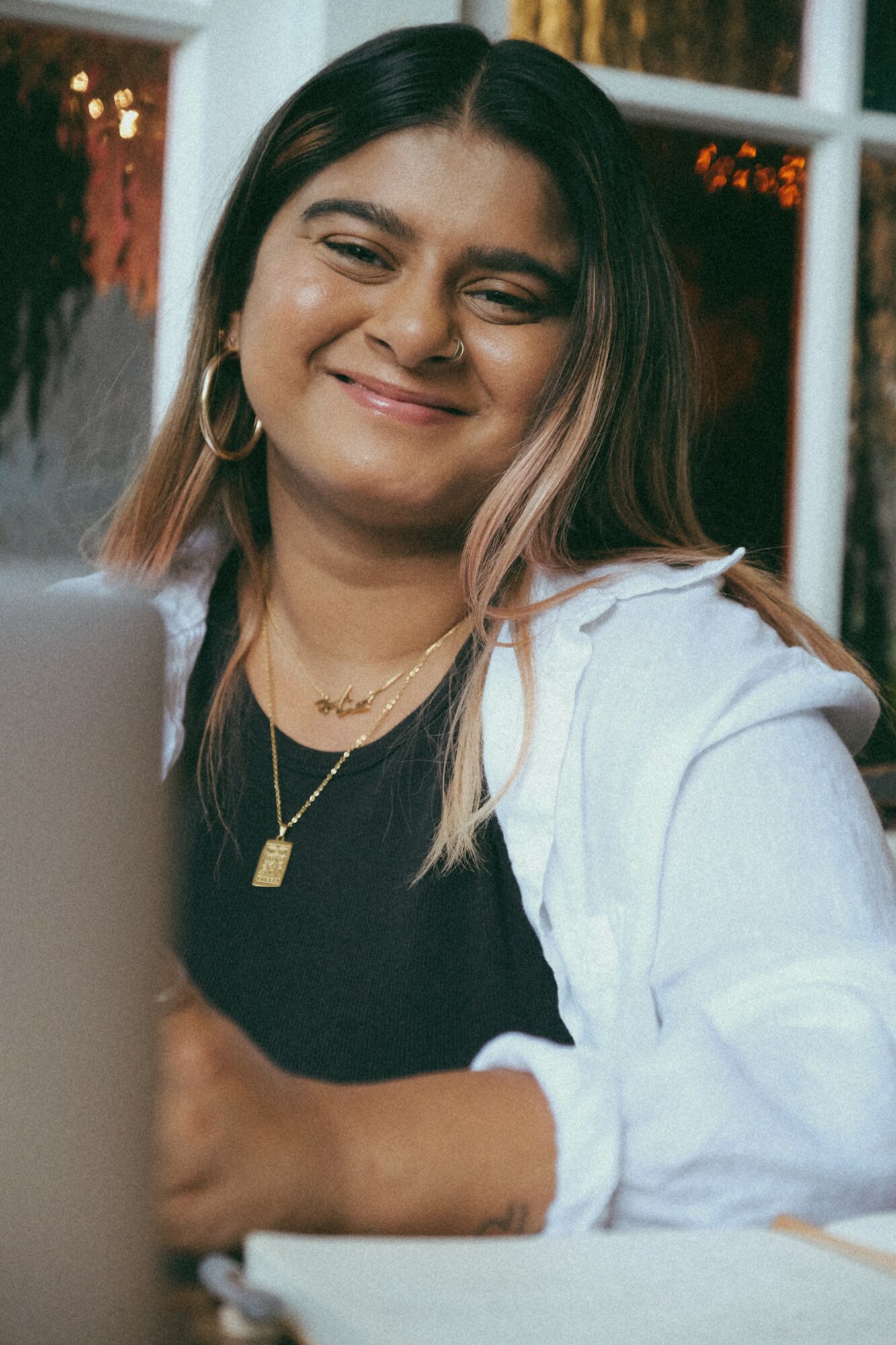

We recently had the chance to connect with Anaya Hashamuddin and have shared our conversation below.
Hi Anaya, thank you so much for taking time out of your busy day to share your story, experiences and insights with our readers. Let’s jump right in with an interesting one: What is something outside of work that is bringing you joy lately?
Lately, I’ve been finding a lot of joy in any sense of community—whether that’s spending time with my friends, whom I consider my chosen family, attending concerts, themed nights, networking events, or just catching up over something simple. Being surrounded by that kind of connection fills me up. I think the world feels a little disconnected right now, and it’s important to remember that craving community often means we’re sitting in discomfort—and that’s okay.
Can you briefly introduce yourself and share what makes you or your brand unique?
Hi! I’m Anaya—born and raised in Atlanta (yes, I’m a real Grady baby!). I work as a social media designer and creative marketer, and honestly, I feel so lucky to be doing what I love. There’s something magical about taking a brand, an event, or even a single product and bringing it to life visually and emotionally—especially through the platforms we scroll through every day. Watching something you helped build show up on someone’s screen, get shared, talked about, or remembered—that’s the good stuff.
Over the years, I’ve gotten to work across a wide range of industries—from food, beverage, and liquor to hospitality, fashion, musicals, and even pickleball (yes, really!). Each project has taught me something new, and I love how no two days are ever the same. Right now, I’m working on content for a bird food brand, and it’s been such a fun challenge blending education, nature, and storytelling into something engaging for digital audiences.
Outside of work, advocacy is a huge part of who I am. As a queer South Asian woman, I care deeply about mental health and visibility within our community—especially in the South, where those conversations often don’t happen enough. I’m passionate about normalizing discussions around identity, coming out, and mood disorders, because I know how lonely and confusing those experiences can be. My own childhood, my journey with anxiety and depression, and my coming out story have shaped so much of how I move through the world. It’s not always easy, but I try to show up honestly and give others the space to do the same.
At the end of the day, whether I’m creating a campaign or just having a one-on-one conversation, I hope the work I do makes people feel seen, understood, and a little more connected.
Thanks for sharing that. Would love to go back in time and hear about how your past might have impacted who you are today. What’s a moment that really shaped how you see the world?
One moment that really shaped how I see the world was when I came out. It wasn’t one big announcement—it was a slow, deeply personal process. First to myself, then to a few friends I trusted, and eventually to my family. In 2021, that journey hit a turning point. I call it the year my life “fell apart”—I went from feeling certain about what my future looked like to having everything shift overnight. Coming out changed my path completely, and while it was painful and full of unknowns, it also forced me to grow in ways I never expected.
As a queer South Asian woman in the South, the experience was layered with fear, guilt, relief, and a whole lot of unlearning. But it made me see the world differently. I started noticing who feels safe in certain spaces, who gets to speak freely, and who still has to hide pieces of themselves just to get by. It gave me so much more empathy—because I realized how many people are quietly carrying invisible stories, just trying to find where they belong.
That journey made me more grounded in every part of my life. It changed how I show up—not just in my career, but as a friend, a girlfriend, a daughter. I’ve learned that life isn’t linear, and it doesn’t have to follow a set path. What once felt like the end of the road turned out to be the beginning of something more real, more aligned, and more me.
Now, everything I do—personally and professionally—is rooted in creating space for others to feel seen, heard, and safe. Whether it’s through a campaign, a conversation, or simply holding space for someone, I try to lead with honesty, compassion, and connection.
If you could say one kind thing to your younger self, what would it be?
If I could say one kind thing to my younger self, it would be: You don’t have to be who they expect you to be to be worthy of love. You’re allowed to take up space, to question everything, to feel deeply, and to walk your own path—even if it looks nothing like the one you were told to follow.
And here’s the best part: you’re going to conquer your dreams tenfold. You’ll experience life in ways you can’t even imagine right now—moments full of freedom, creativity, love, and joy. Everything that feels heavy today is shaping someone resilient, radiant, and unapologetically you. Keep going. You’re becoming someone you’ll be proud of.
Next, maybe we can discuss some of your foundational philosophies and views? What’s a cultural value you protect at all costs?
A cultural value I protect at all costs is community care. As someone who grew up South Asian and queer in the South, I know how deeply isolating it can feel when your identity doesn’t fit neatly into the boxes around you. That’s why I believe in showing up for others—whether that’s checking in, holding space, or simply making sure people feel seen and safe. To me, community care isn’t just kindness—it’s survival.
I also believe that protecting human rights starts at the ground level—with how we treat each other in our everyday lives. It’s about advocating for mental health, queer and trans rights, racial justice, and access—especially for those who are often overlooked. I’ve had to unlearn so much around shame and silence, and I know how important it is to break those cycles—not just for myself, but for others too.
Community care, for me, is an act of resistance. It’s how I honor my roots, challenge what needs to change, and help create the kind of world I want to live in.
Before we go, we’d love to hear your thoughts on some longer-run, legacy type questions. When do you feel most at peace?
There are a few moments when I feel completely at peace—and I’m so grateful for that. Road trips are a big one, especially when I’m with my girlfriend, Taylor. There’s something about driving with no real destination, music playing, windows down—it’s like the world slows down for a bit.
I also find peace in the little things: that first bite of something new in a place I’ve never been, the quiet awe of wandering through an art museum, or the calm of watching sea life drift by at the Georgia Aquarium. Those experiences ground me in the present in a way nothing else really can.
And honestly, some of my favorite peaceful moments are the coziest ones—like curling up under a blanket with my dog Bernie, feeling him all snuggled up next to me. It’s simple, but it fills me with so much comfort and love.
Contact Info:
- Website: https://ellipse-caterpillar-d4p8.squarespace.com/
- Instagram: https://www.instagram.com/anayathelibra/
- Linkedin: https://www.linkedin.com/in/anaya-hash/
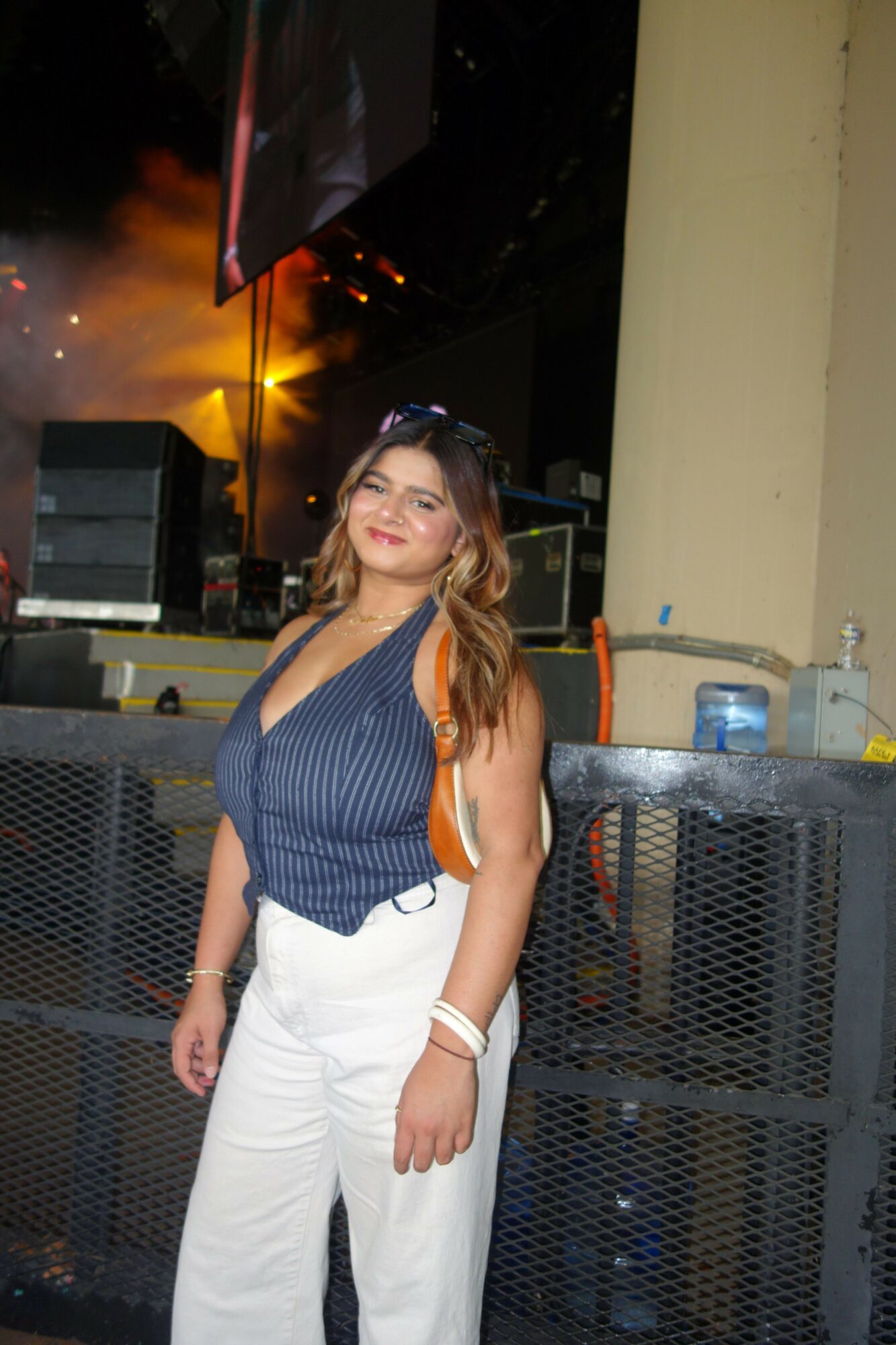
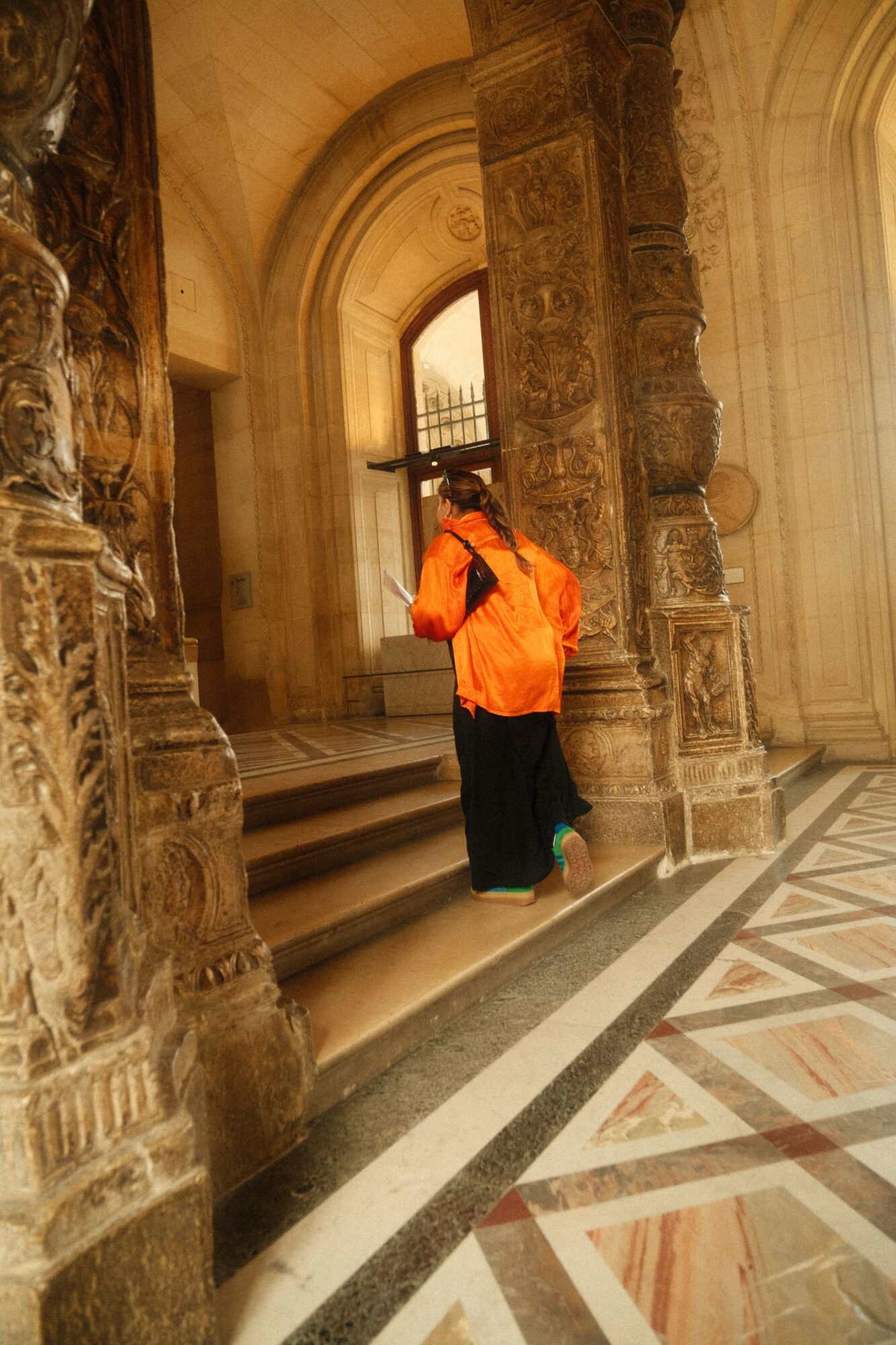
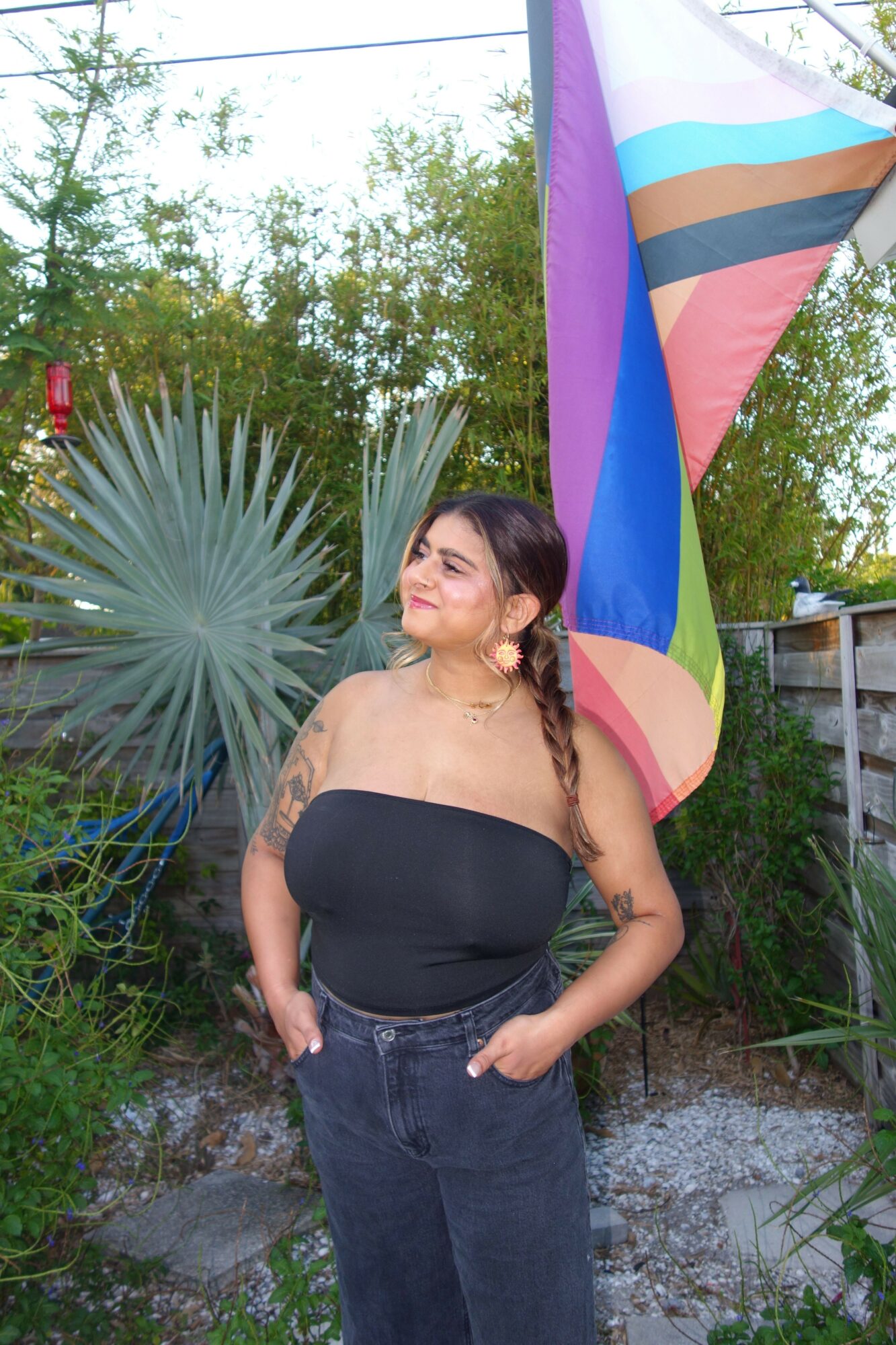
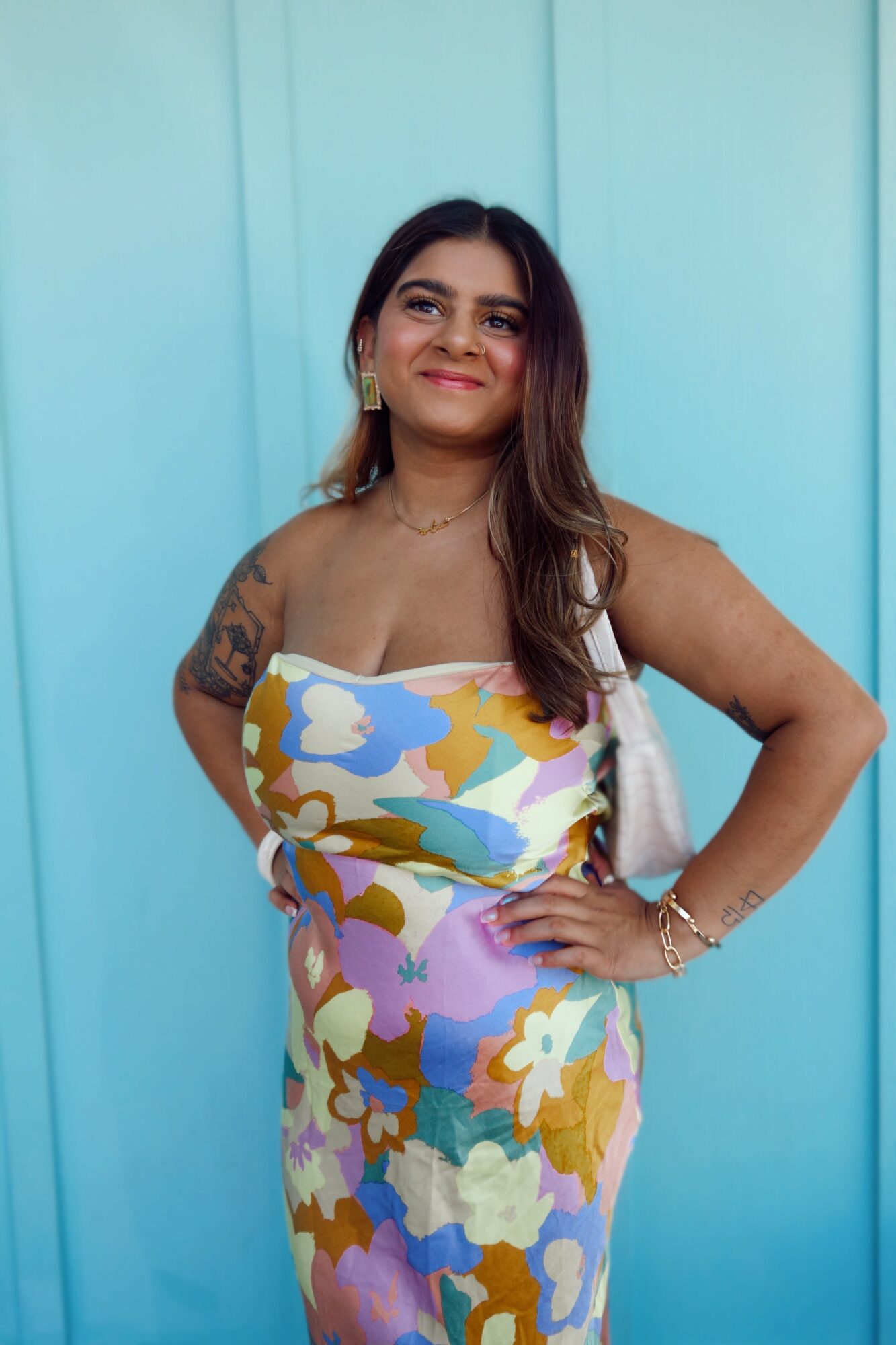
Image Credits
Taylor Sorrows













